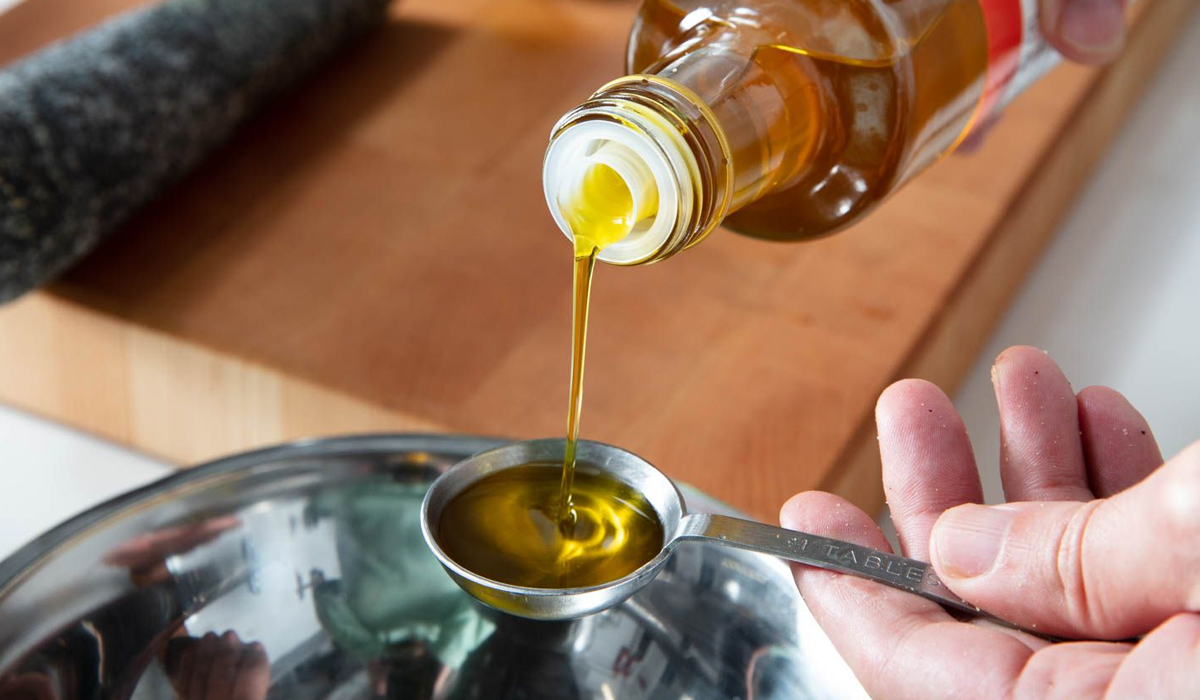
Mustard oil and cardiovascular health
Atherosclerotic cardiovascular disease (ASCVD) is the leading cause of death in the United States (US) and worldwide. Among South Asians living in the US, ASCVD risk is four-fold higher than the local population. Cardioprotective dietary patterns necessitate replacement of dietary saturated fats with healthier oils such as canola, corn, olive, soybean, safflower, and sunflower oil. Mustard oil is a liquid oil that is low in saturated fat and is popular in South Asia.It contains a large proportion of erucic acid, a fatty acid associated with myocardial lipidosis in rodents. This evidence prompted the US Food and Drug Administration (FDA) to ban the use of mustard oil for cooking. However, Australia, New Zealand and the European Union (27 countries) have established upper limits for tolerable intake of mustard oil. In contrast, mustard oil is one of the most popular cooking oils in Asia, particularly in India where it is recommended as a heart-healthy oil by the Lipid Association of India (LAI). The conflict between various guidelines warrants clarification, particularly because use of mustard oil in cooking is increasing among both Americans and Indian immigrants in the US, despite the FDA ban on human consumption of mustard oil. Hence, we endeavored to: (1) Review current evidence regarding potentially harmful versus beneficial effects of cooking with mustard oil, (2) Clarify the basis for disparities between the FDA ban on human consumption of mustard oil and dietary recommendations from the LAI and other groups, and (3) Provide practical suggestions for Indians and other South Asians who are accustomed to consuming mustard oil on ways to incorporate alternate heart-healthy oils (E.g. Canola, Olive, Sunflower, Soybean oil) in the diet while enhancing flavor and texture of food. A new FDA review is recommended on the safety limits of erucic acid because 29 countries have allow limited amounts of mustard oil (erucic acid) for human consumption and also because there are some health benefits that have been reported for mustard oil in humans.
Kavita H.PoddarPh.D, RDN, CLSa1GeetaSikandMA, RDN, CLS, FNLAb1DineshKalraMD, FACC, FNLAcNathanWongPh.D, M.P.HdP. BartonDuellMD.e
- Clinical Nutritionist, Heart and Vascular Clinic, Preventive Cardiology, University of Wisconsin Hospitals and Clinics, 621 Science Drive, Madison WI 53711, USA
- Director of Nutrition, Heart Disease Prevention Program, Division of Cardiology, University of California, Irvine CA 92697, USA
- Chief, Division of Cardiovascular Medicine, University of Louisville Hospitals, 401 East Chestnut Street, Ste. 310, Louisville, KY 40202, USA
- Heart Disease Prevention Program, Division of Cardiology, University of California, Irvine CA 92697, USA
- Professor of Medicine, Knight Cardiovascular Institute, School of Medicine, Oregon Health Science University, 3181 S.W. Sam Jackson Park Road, Portland OR 97239, USA

